STM Faculty News
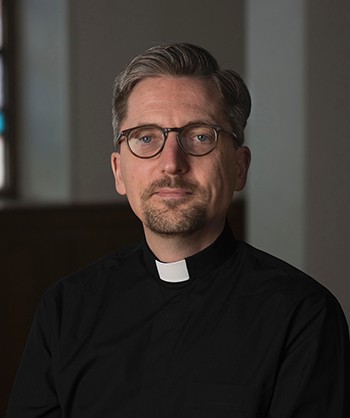
André Brouillette, S.J., associate professor of systematic and spiritual theology, who holds the Waite Chair at Creighton University for 2021–2022, just published a monograph on the theology of pilgrimage: The Pilgrim Paradigm: Faith in Motion (Mahwah, NJ: Paulist Press, 2021). In November 2021, he gave the inaugural lecture of the international conference Hacia una intranquilidad creadora: Perspectivas interdisciplinares en torno a una teología del Espíritu, organized by the Pontificia Universidad Católica de Valparaíso and Universidad Católica del Norte (Chile). The title of the lecture was “El Espíritu creador que disrumpe y empuja: Reflexiones desde la oración y la encarnación en Santa Teresa de Avilá.” He published in French a study of the use of imagination by Teresa of Avila: “Image et imagination chez Thérèse d’Avila: De l’image frustrée à l’image offerte” (Carmel 179 [2022]: 14–25). Finally, in December he gave a lecture at St. Cecilia Parish in Boston on Carmelite spirituality.
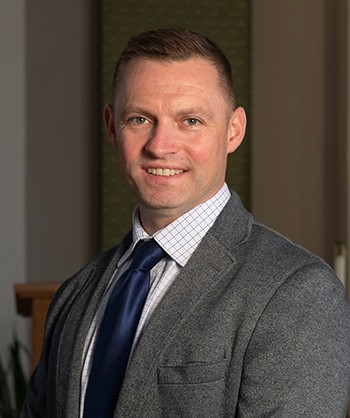
Daniel J. Daly, associate professor of moral theology, published an article titled “Virtue Ethics and Action Guidance” in Theological Studies 82 (2021): 565–582. In December 2021, he presented a lecture titled “Critical Realism and Christian Ethics” at Loyola University, Chicago. Finally, in January 2022 he was invited to present on his book, The Structures of Virtue and Vice (Washington, D.C.: Georgetown University Press, 2021), as part of the Breakfast with an Author segment at the Society of Christian Ethics conference.
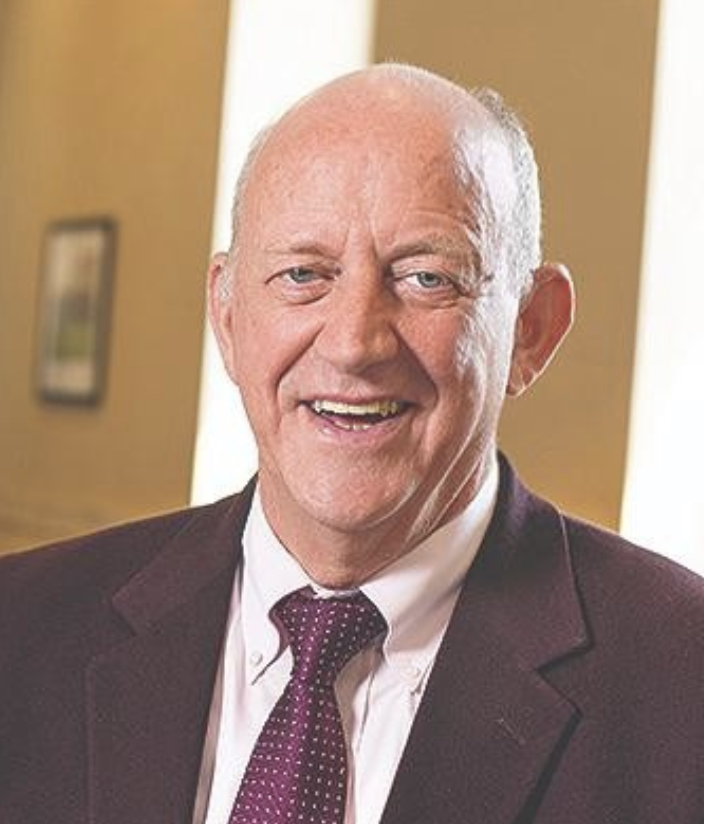
Thomas H. Groome, professor of theology and religious education, published his latest book, What Makes Education Catholic: Spiritual Foundations (Orbis), in November 2021. He notes that he has been writing this book for about 40 years; the pandemic gave him the time at home to finally put it on paper. He also published a number of essays, including one in a German journal and another in a Korean journal, continuing the international interest in his work in religious education.
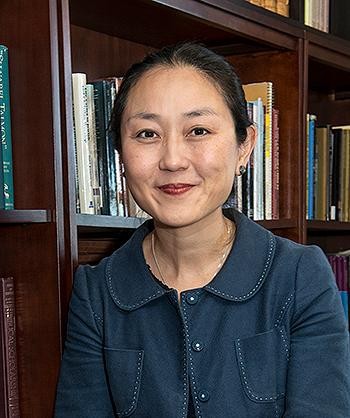
Angela Kim Harkins, associate professor of New Testament, has been appointed as the new executive editor of the Journal of Ancient Judaism, published by Brill Academic Press, beginning in January 2022⸺a position she will share with Dr. Jonathan Klawans of Boston University.
Harkins served as an invited discussant at the international Enoch Seminar, Studies in Second Temple Judaism: A Global Enterprise in January 2022. At the November 2021 annual meeting of the Society of Biblical Literature, she presented “Sticky Thoughts that Make Presence from Absence,” and was a respondent for a joint panel on Prayer in Antiquity and Religious Experience. In October 2021, Harkins gave a talk titled “Ancient Interpretations of Job” in the BC STM Continuing Education lecture series.
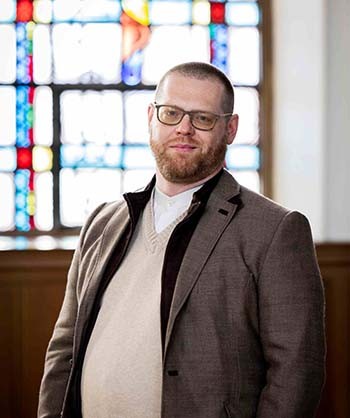
Callid Keefe-Perry, assistant professor of contextual education and public theology, served as one of the representatives from the United States to be invited to speak at the Third Annual Symposium of the International Society for Rubem Alvees (SIRA). SIRA hosts programming to honor the work of Brazilian liberation theologian Rubem Alves and is composed of supporting scholars and institutions from Italy, Mexico, Brazil, and the United States. Keefe-Perry was invited to speak at the gathering in recognition of his scholarship on Alves, especially his work in theopoetics. His talk, “Uma Saudade Nunca Saciada: Deus, Utopia, e O Transcendente Sensato,” will appear in a Brazilian publication later this year.
Keefe-Perry is also one of the two lead scholars on a project that received grant support and will begin this spring. The Seminar for Public Scholarship in Religion and Public Education is a pilot program developed to encourage connection between religious studies and theology scholars and public school teachers who want to ethically and legally include more content in their classrooms to improve religious literacy and support pluralism. The project has received support from the American Academy of Religion, the Interfaith Youth Core, the Boniuk Institute for Religious Tolerance, and the Religious Education Association, among others.
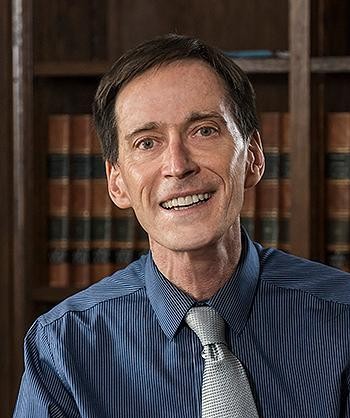
Richard Lennan, professor of systematic theology and chair of the ecclesiastical faculty, was a theological advisor (peritus) for the first session of the Plenary Council of the Catholic Church in Australia, which took place, via a virtual format, during October 2021 and involved 300 delegates from across Australia. In addition to presenting to the whole council on the themes of “the Church’s mission,” working as a theological advisor required daily meetings with the other advisors and organizers as well as responding to questions from organizers and participants. The second session of the Plenary Council will take place in July this year in Sydney. Lennan also published a chapter, “The Church,” in Theology and the People of God (St. Paul’s Publications).
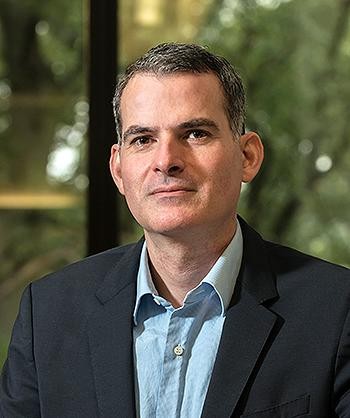
Rafael Luciani, associate professor of the practice, has recently published several articles on ecclesiology, including “Del Sínodo sobre sinodalidad a la sinodalización de toda la Iglesia,” Iglesia Viva (Spain), published also in English as “From the Synod on Synodality to the Synodalization of the Whole Church”; and “Hacia una eclesialidad sinodal ¿Una nueva comprensión de la Iglesia Pueblo de Dios?,” Horizontes (Brasil). He has co-authored with Sr. Nathalie Becquart “Synodalité et cultures: des expériences synodales diverses selon les continents” for Lumen Vitae (France). In addition, he published a major intercontinental commentary on Fratelli Tutti: Fraternidad abierta 2.0. Reflexiones sobre la amistad social en un mundo fragmentado (Spain). Luciani has been invited to conferences and give keynote addresses at universities and dioceses in the United States, Europe, and Latin America on topics related to synodality. These include, “Synodalidad con el Pueblo de Dios” during the celebration of the Asamblea Eclesial para América Latina, the first synodal institution created by Pope Francis. Luciani also spoke at the inauguration of the academic year at the Institute of Religious Sciences and Theology of Firenze (Italy). His ecclesial service to the Global Church has continued throughout many tasks requested as part of his appointment as expert to the General Secretariat of the Synod of Bishops in the Vatican, to the Latin American Bishops Council, and to the Latin American Religious Confederation.
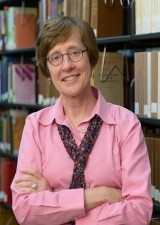
Associate professor Catherine Mooney’s book Clare of Assisi and the Thirteenth-Century Church: Religious Women, Rules, and Resistance was published in an affordable paperback edition (with 40% discount through February 9, 2022 at http://www.upenn.edu/pennpress/book/15584.html; promo code AHA-2022). Her December 8, 2021 “Solemnity of the Immaculate Conception” homily for the Catholic Women Preach project can be heard at https://www.catholicwomenpreach.org/preaching/12082021. In October 2021, she recorded two videos for the STM Online: Crossroads course on Church history: Lay and Clerical Contributions to the Gregorian Reform and The Vita Apostolica and Scholasticism: An Unlikely Pair?
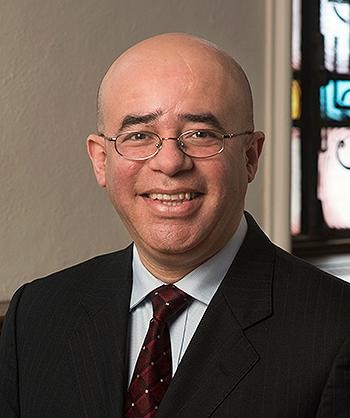
Hosffman Ospino, associate professor of Hispanic ministry and religious education and chair of the Department of Religious Education and Pastoral Ministry, published Cultivating Talent: A Summary Report of Findings from the National Study Examining Pathways to Increase the Presence of Hispanic Teachers and Leaders in Catholic Schools, a collaborative research effort for which he was the principal investigator with Melodie Wyttenbach, executive director of the Roche Center for Catholic Education. Both co-authored articles about the study for America and the National Catholic Reporter. In October 2021, Ospino delivered the Most Rev. John McCarthy Lecture at St. Edward’s University (Austin, TX) and was the keynote speaker for the Theology for Teachers program at John Carroll University (Cleveland, OH). In November 2021, Ospino received the Cardinal Cushing Medal for Advancement of Church Research from the Center for Applied Research in the Apostolate (CARA) at Georgetown University. In January 2022, he gave presentations at the Mexican American Catholic College (San Antonio, TX) and St. Vincent De Paul Regional Seminary (Boynton Beach, FL). Ospino also received a $30,000 grant to continue his study on how Catholic parishes with Hispanic ministry are responding to the effects of the COVID-19 pandemic.
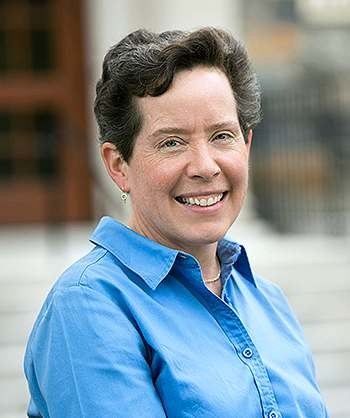
Theresa O’Keefe, professor of the practice, religious education, presented a paper on anti-racist pedagogy for the Association of Youth Ministry Educators annual meeting in October 2021. She, with her religious education colleagues, hosted the STM Annual Ministry Renewal Day in November. There she focused on the newly published book she co-edited, Together Along the Way: Conversations Inspired by the Directory for Catechesis (Crossroads, 2021). She also completed a chapter on mentoring in theological education and has submitted an article for the Journal of Youth Ministry.
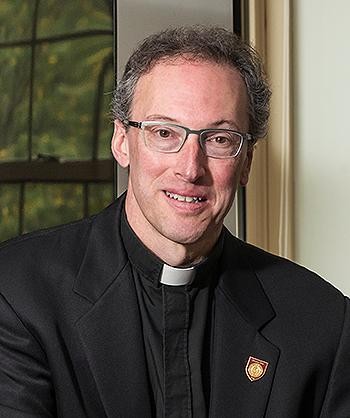
Thomas D. Stegman, S.J., dean and professor of New Testament, has published a co-authored (with Amy Ekeh) book of Lenten reflections, Daily Reflections for Lent: Not by Bread Alone 2022 (Liturgical Press). He also gave a formal response to a paper by Fr. Isaac Morales, O.P., “What Kind of Death? Romans 5 and Modern Science,” at a symposium titled A Catholic Approach to Understanding Evolution in the Light of Faith, held at Providence College in November 2021.
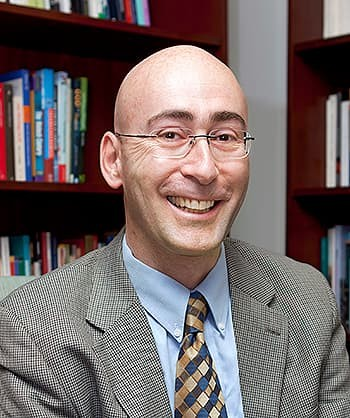
Andrea Vicini, S.J., professor of moral theology, the Michael P. Walsh Professor of Bioethics, and an affiliate member of the ecclesiastical faculty, published peer-reviewed articles in La Civiltà Cattolica: (1) “Pope Francis, Vaccines, and Global Health” (translated in Italian and French) and (2) “Mártires de la Protección de Nuestra Casa Común;” and, in Concilium: The End of Life: Making Sense of Our Finitude, “Healthcare Practice at the End of Life: Addressing Opposite Attitudes and Diverse Contexts” (translated in German, Italian, and Spanish).
He also published two popular articles in Avvenire: (1) “Amore e Fiducia nella Scienza: Il Magistero del Papa sul COVID (Love and Trust in Science: The Pope’s Magisterium on COVID)” and (2) “Editing Genetico, le Sfide Etiche delle Cure con la Tecnica Crispr (Gene Editing, the Ethical Challenges of Treatments with the Crispr Technique)”; and in the BC Global Public Health and the Common Good Newsletter, “The Rising Global Cancer Pandemic Conference Recap” (with P. Landrigan and K. Straif).
Two of Vicini’s recent contributions are online: (1) “Reflecting on Human Genetics Today: Bioethical Contributions,” for the European 28th National Ethics Committees Forum; and (2) the podcast “What if We Are Not Alone in the Universe?,” in the series Pulled Up Short: Season Two of the BC Carolyn A. and Peter S. Lynch School of Education and Human Development. At the 2022 Annual Meeting of the Society of Christian Ethics, he presented the poster “Cybertechnology and the Common Good: Challenges for Healthcare and the Environment” and convened two sessions. Vicini also gave ten lectures on various topics in diverse locations: three on neuroscience in Austria and the Czech Republic; one on genetics in Ljubljana, Slovenia; and, at BC, three in bioethics, two on artificial intelligence, and one on COVID.
He has also been appointed Fellow of the Collegium Ramazzini.


